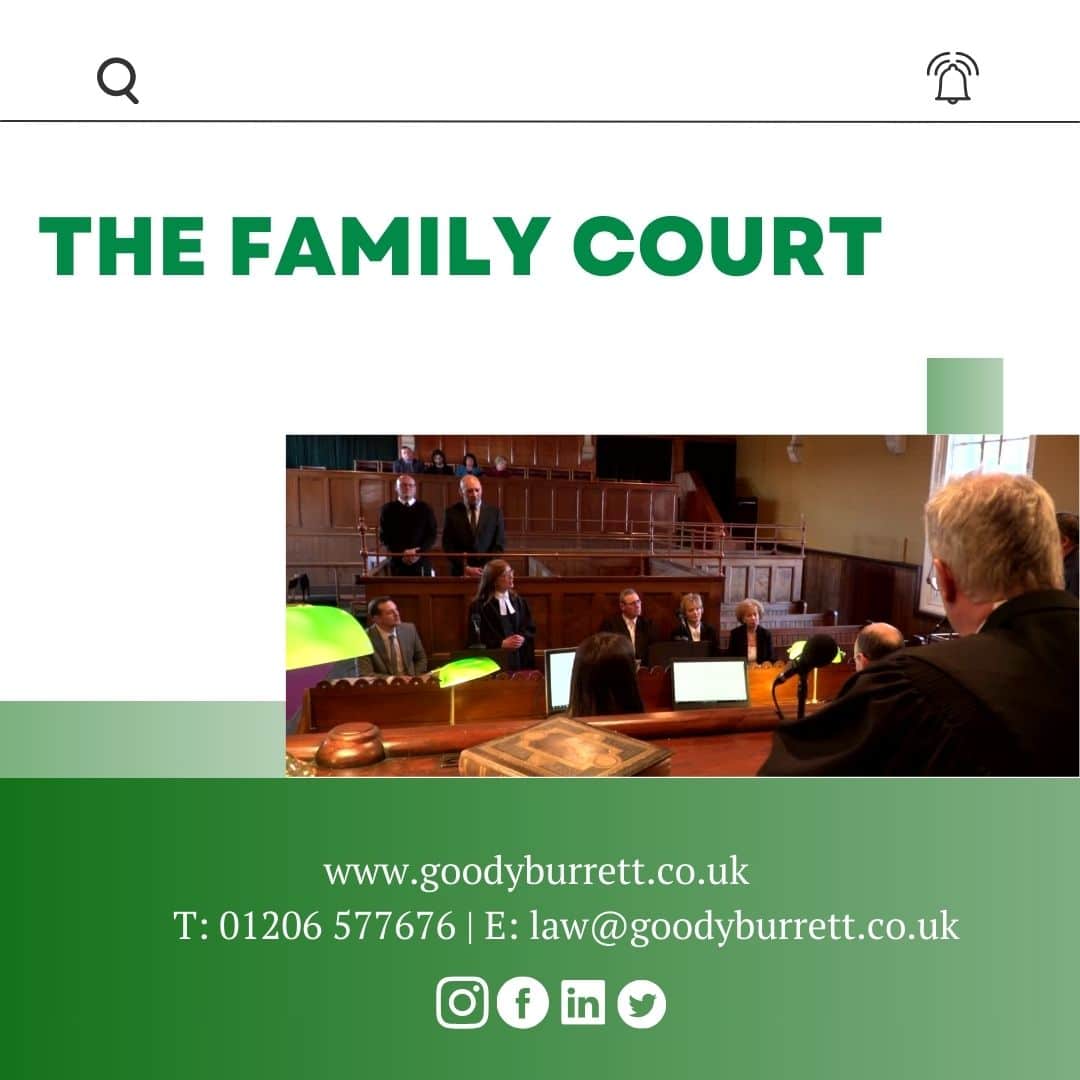Many applications for court orders concerning children begin in the Family Magistrates Court. This is somewhat alarming because we immediately associate magistrates with crime, but It’s important to distinguish between the courts – just because they are chaired by magistrates, a Family Magistrates court is most certainly not a criminal court.
How is the Family Court different from the ordinary magistrate’s court?
Magistrates are members of the public who volunteer to help their community. They are not legally qualified. Any magistrate sitting in the Family Court has received special training to understand and hear cases concerning family issues, and my experience is that they listen carefully and thoughtfully. Their aim is to determine what is in the best interests of the child. Family magistrates are not concerned with guilt and innocence, and they are not there to punish.
The family court is usually less formal: there are no wigs or robes, people involved sit rather than stand, magistrates speak directly to parents, and often people are not represented by a lawyer.
Unlike the criminal court, family proceedings are private.
Only the parties and their legal representatives may enter the court.
There is no public right to sit in court and listen to family cases. Reporting restrictions and confidentiality requirements are in place to protect children.
What cases do Family Magistrates hear?
Magistrates’ courts hear two types of family cases: public and private.
In private law cases, magistrates determine what is in the best interests of the child when parents are separating and cannot agree on arrangements.
In public law cases, magistrates determine what is in the best interests of a child where there is a risk of harm and social services are involved with a family.
Magistrates do not hear cases about financial settlements when partners or parents separate or divorce.
Magistrates also do not hear cases about child maintenance. These cases are dealt with by the Child Maintenance Service.
These more legally complex family cases are heard by the higher family courts and are chaired by district judges or circuit judges.
Any questions do get in touch with our family team on 01206 577676 or visit our website for more information.
For more information
Contact us on 01206 577676 or you can email [email protected]

